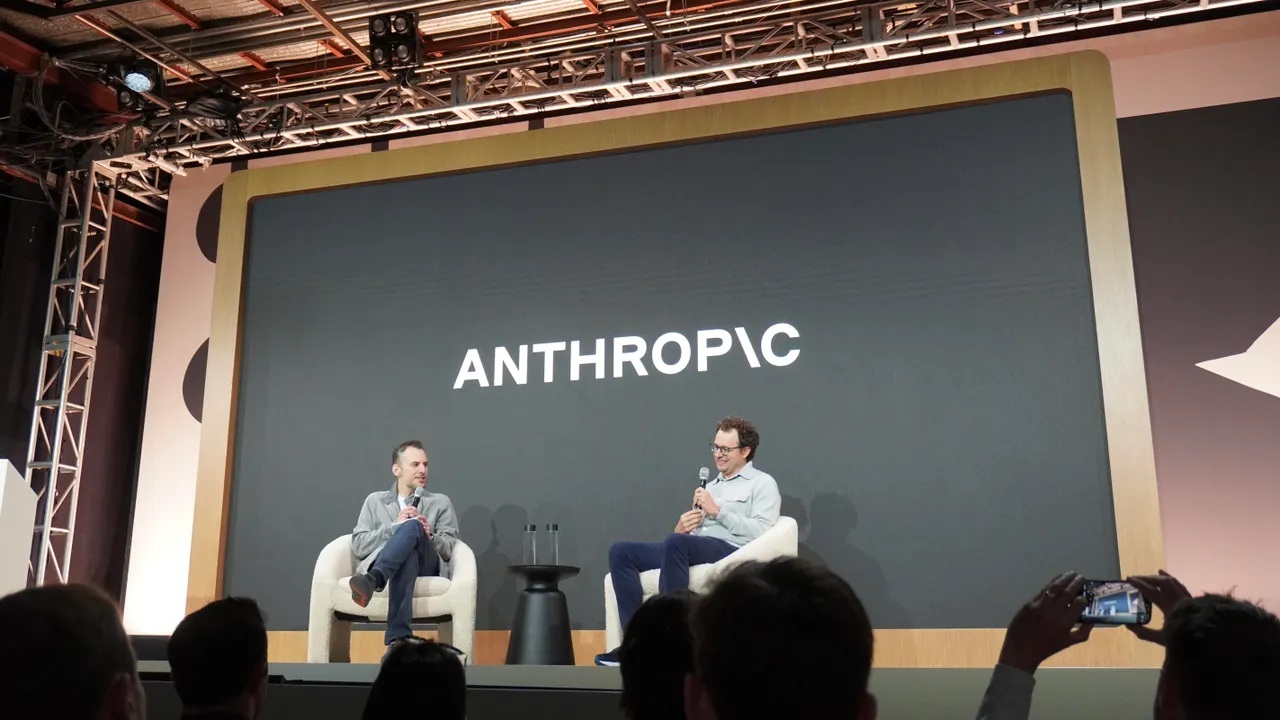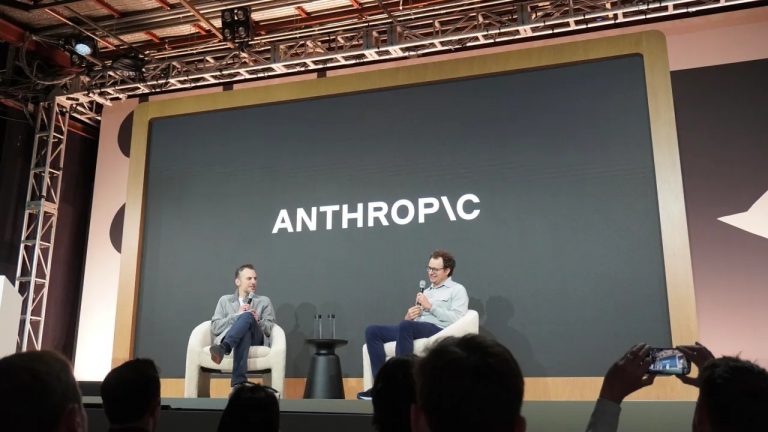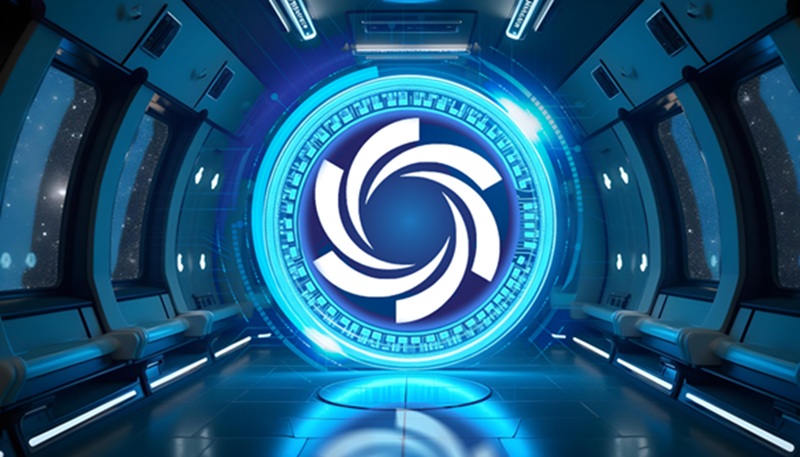Anthropic to Triple Workforce As It Ramps Up Global Expansion As Enterprise AI Race Heats Up


Anthropic, the $183 billion artificial intelligence startup behind the Claude family of models, is stepping up its international ambitions as enterprise adoption of AI reaches a pivotal moment.
In just two years, the company has grown its business customer base from fewer than 1,000 to more than 300,000 worldwide, with nearly 80 percent of its usage now coming from outside the United States. On a per-capita basis, adoption in markets such as South Korea, Australia, and Singapore has already surpassed that of the U.S.
To meet this demand, Anthropic announced on Friday that it will triple its international workforce and expand its applied AI team fivefold in 2025. The expansion is part of a broader push to scale operations beyond the U.S. and intensify competition with rivals OpenAI, Microsoft, and Google.
Register for Tekedia Mini-MBA edition 18 (Sep 15 – Dec 6, 2025) today for early bird discounts. Do annual for access to Blucera.com.
Tekedia AI in Business Masterclass opens registrations.
Join Tekedia Capital Syndicate and co-invest in great global startups.
Register for Tekedia AI Lab: From Technical Design to Deployment.
Paul Smith, the company’s Chief Commercial Officer, told CNBC that Anthropic’s global momentum has exceeded expectations, with major customers coming online even before the company established a physical presence in their regions. He pointed to rapid adoption in life sciences and sovereign wealth management as evidence of Claude’s enterprise traction. At Novo Nordisk, the Danish pharmaceutical company behind Ozempic, Claude helped reduce a drug development reporting cycle from three months to just a few days.
The company is now preparing to recruit country leads for India, Australia and New Zealand, Korea, and Singapore, while expanding further across the U.K., northern and southern Europe, Germany, Austria, and Switzerland. Its first Asia office will open in Tokyo, alongside more than 100 new roles in Dublin and London, and a research hub in Zurich. Additional locations are planned in the months ahead.
Anthropic’s global expansion will be led by Chris Ciauri, the newly appointed managing director of international. Ciauri previously served as CEO of Unily and held senior roles at Google Cloud and Salesforce, where he helped grow EMEA revenue from $200 million to more than $3 billion.

“G20 governments are approaching us about doing really, really interesting things at a citizen enablement level,” he said, noting that large enterprises across Europe and Asia are also now engaging with Anthropic on industry-specific deployments.
The push abroad comes at a moment when the enterprise AI market is entering a more competitive phase. Anthropic recently achieved a $5 billion revenue run-rate, up from $87 million at the start of 2024, driven by surging demand for Claude in enterprise workflows. The milestone places it in direct competition with incumbents.
OpenAI, for instance, has launched an $850 billion global infrastructure expansion with Oracle, Nvidia, and SoftBank. Microsoft and Google, meanwhile, are embedding AI into every layer of their productivity and cloud ecosystems, making tools like Copilot and Gemini easily accessible for enterprise customers.

Anthropic is betting on a different approach: offering a pure-play AI experience that provides direct access to Claude’s frontier models, rather than delivering AI through productivity suites or legacy platforms. Smith emphasized that most large organizations are pursuing hybrid strategies, combining direct Claude access with integrations via AWS, Google Cloud, and other providers.
“There’s a very good reason why, if you’re an AWS customer, you should also consume Anthropic through Bedrock — and if you’re a great Google customer, through Vertex,” he explained, adding that these partnerships are additive rather than competitive.
Central to the strategy is the expansion of Anthropic’s applied AI team, which will grow fivefold next year to help enterprises implement Claude at scale. The company is investing heavily in data sovereignty infrastructure, 24/7 enterprise support, and industry-specific solutions.
“You need the applied AI team that understands their particular industry context,” Smith said, highlighting domains like pharmaceuticals, telecoms, financial services, and government.
Claude is already embedded in some of the world’s largest organizations. At Norway’s Norges Bank Investment Management, the world’s largest sovereign wealth fund, Claude has saved 213,000 hours of work — a 20 percent productivity gain across 9,000 portfolio companies. Novo Nordisk cut clinical documentation time from more than 10 weeks to 10 minutes and halved its review cycles. In Korea, SK Telecom used Claude to boost customer service quality by 34 percent. The European Parliament digitized millions of historical documents, making them searchable and translatable. The Commonwealth Bank of Australia halved scam losses with Claude’s help.
The company’s Claude Code product, launched in May, has already become a $500 million line of business, with usage growing tenfold in just three months. Smith described it as “one of the fastest-growing products that’s ever been launched,” calling it an important entry point into the enterprise market.
Localization is another differentiator Anthropic is leaning on. Ciauri pointed to Panasonic’s Claude deployment in Japan, where the company tailored its models to the local language and cultural context.
“That’s a super important differentiator as you think about how you really maximize results for enterprise,” he said.
However, questions remain over whether AI tools are truly delivering long-term productivity gains. A recent MIT study found that many enterprise deployments have so far shown little measurable impact. But Anthropic insists Claude is already transforming core operations in ways that go far beyond experimentation.
“The demand signal we’ve got is unprecedented,” Smith said. “It’s like nothing I’ve ever seen. There isn’t a single enterprise in the world where they don’t have some kind of software development backlog.”
As competition among AI heavyweights intensifies, Anthropic’s international surge signals that the enterprise AI race is no longer a U.S.-centric contest. With governments and companies worldwide moving to embed AI into critical systems, Claude’s global adoption may prove decisive in shaping the next chapter of the industry.





